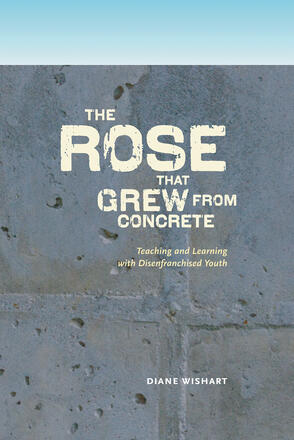
Description
Quality of education is a topic as important to Canadians as national health care, but what happens when students start to fall between the cracks in the system? Diane Wishart interviewed many at-risk students in an urban high school, including a number of aboriginal students. What Wishart discovered weren't statistics, but teens and their experiences, needs, and personalities. The qualitative analysis that comes from these interviews doesn't supply a blueprint to fix the educational system. What it does do is give a fresh, objective viewpoint for policy makers, scholars, teachers, and the general public to consider.
Reviews
"This book is heavy reading but it does contain fresh ideas for change in our efforts at dealing with issues surrounding at risk teens including a goodly number of Aboriginal youth. The author's analysis is a starting point forconcerned educators. It should be a useful text for lawyers practicing in custody matters in the marital law field." Ron MacIsaac, The Saskatchewan Advocate, December 2009
"The Rose That Grew From Concrete is an account of time spent working with and teaching disenfranchised youth in Wild Rose Alternative School (WRS), a private school in Edmonton. Diane Wishart addresses contentious topics such as special education, labelling students, white privilege, and race and class. She highlights conventional school structures, policies, and practices that marginalize these students to an even greater extent. Wishart's book serves as another reminder that those we single out as the most deficient, the most oppressed, have the potential to inform us of the changes needed to create an education system for today's world. While coming to understand themselves and the forces of oppression and domination in a larger context, these disenfranchised youth want, at the same time, to belong to that larger society - to get jobs, to achieve material success." Lilliane Fiola, Canadian School Counsellor, January 2011